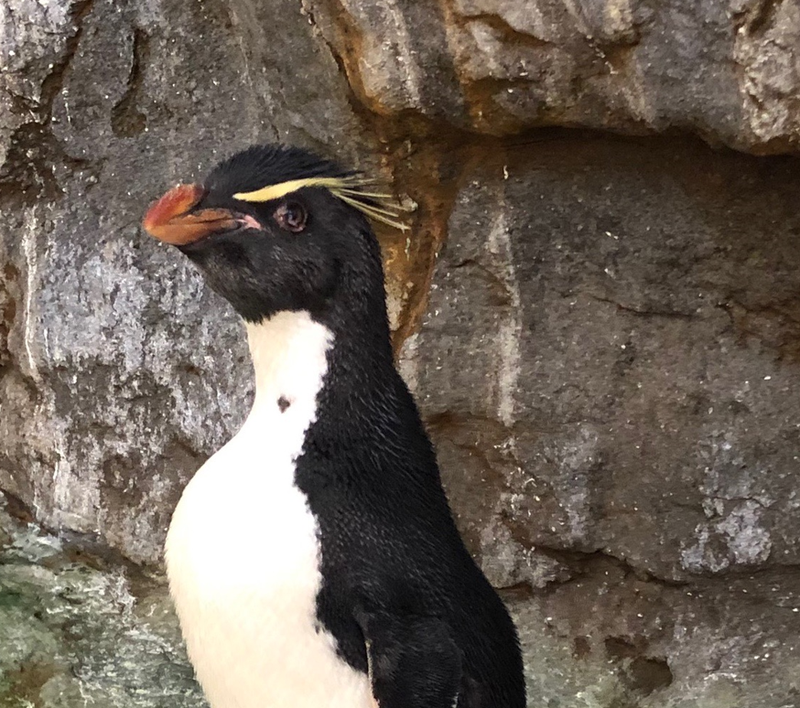
A southern rockhopper penguin that went viral earlier this year and an Amur tiger who recovered from COVID-19 both passed away at the Saint Louis Zoo.
The zoo announced it was mourning the two animals in a blog post Wednesday.
According to the post, Enrique – a 30-year-old southern rockhopper penguin – was humanely euthanized Dec. 3. He was one of the oldest members of the zoo’s Penguin & Puffin Coast feature and had already surpassed the 25-year estimated lifespan for southern rockhopper penguins. As he aged, Enrique started showing signs of advanced arthritis along decreased vision.
“To alleviate arthritis discomfort, a special pair of therapeutic support boots provided Enrique with a softer substrate and the ability to move around his habitat with greater ease,” said the Zoo. Over the summer, a photo of Enrique in his boots went viral when it was shared more than 21,000 times on Facebook.
Recently veterinary intervention no longer seemed to help Enrique with this discomfort, explained the zoo.
“Enrique was a patient and gentle bird that had just the perfect mix of spunk and independence,” said Marija Elden, the St. Louis Zoo’s Zoological Manager of Birds. “He always had one of the most desirable nests that he tended to with great care. The penguin colony will be a little quieter without his unique call. Enrique's easy-going demeanor will be deeply missed by the animal care staff and community.”
Just two days later, the zoo also lost Waldemere, an 18-year-old Amur tiger, after a brief but serious illness. He was the oldest living male Amur tiger in the Association of Zoos and Aquariums (AZA) Species Survival Plan (SSP).
The tiger was born at the Denver Zoo and sired two cubs while in St. Louis. His mate, Kalista, passed away in March 2021 at 19 years and 10 months old and had been the oldest living female Amur tiger within the SSP.
Waldemere, like Enrique, suffered from age-related discomfort and surpassed his expected 16-year lifespan. He was known to be affected by age-related joint disease and dental disease. A necropsy performed after his death also showed malignant cancer cells affected the tiger’s internal organs.
“After recovering from an infection with the virus that causes COVID-19, Waldemere showed a sudden loss of appetite and became lethargic,” said the zoo. “A team of veterinarians examined and provided supportive treatments under general anesthesia, but Waldemere continuously lost strength and passed away overnight.”
Many of Waldemere’s team of caretakers and veterinarians were by his side over the last 10 years he lived at the Saint Louis Zoo.
“Waldo was a big, handsome male who tended to be more socially independent than other tigers. He liked to do his own thing, and his keepers took on the challenge to create interesting enrichment that he would explore,” said Steve Bircher, Kevin Beckmann Curator of Carnivores at the Saint Louis Zoo. “He was truly an ambassador to his species and will be missed by his keepers and the community.”
Other zoos reached out on social media to mourn the St.
Louis Zoo’s loss.


